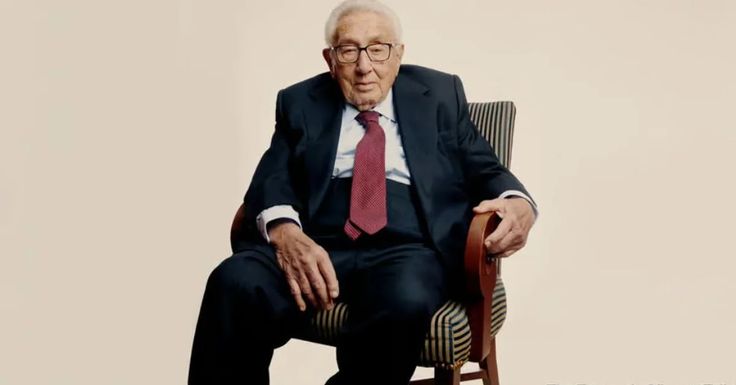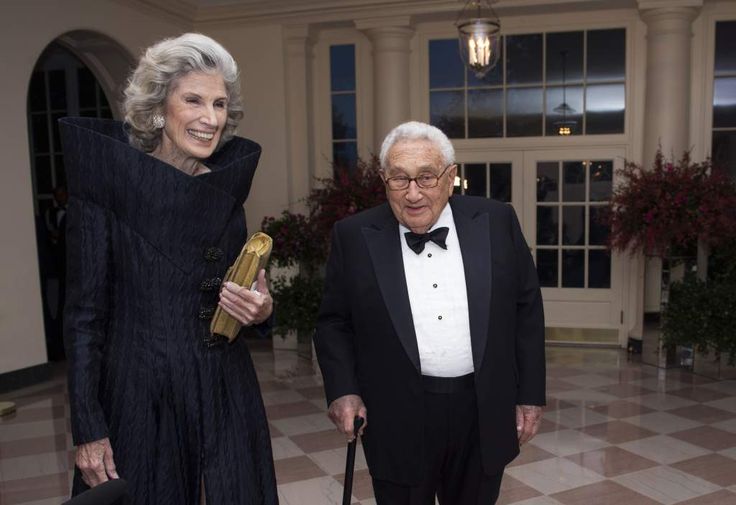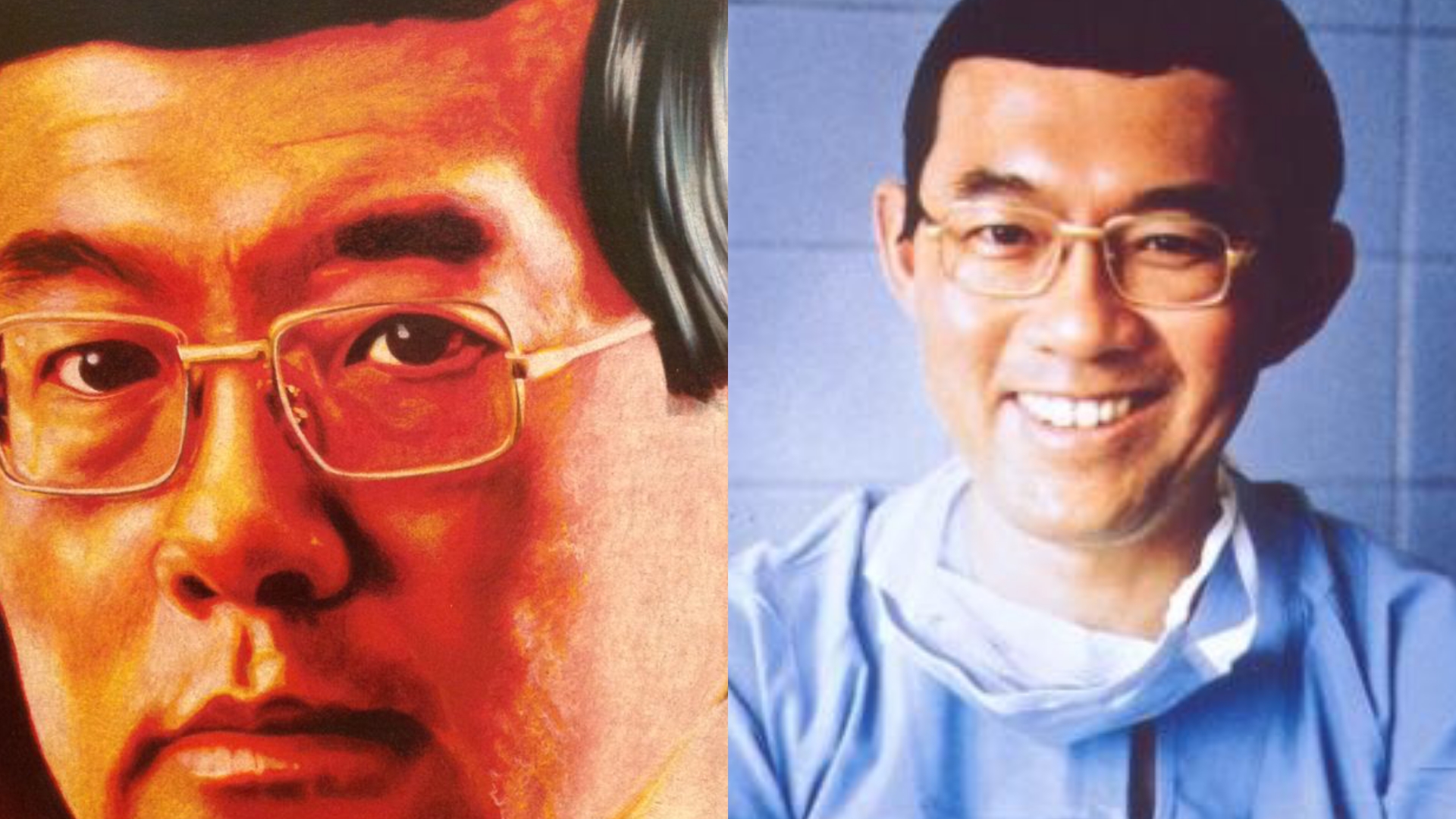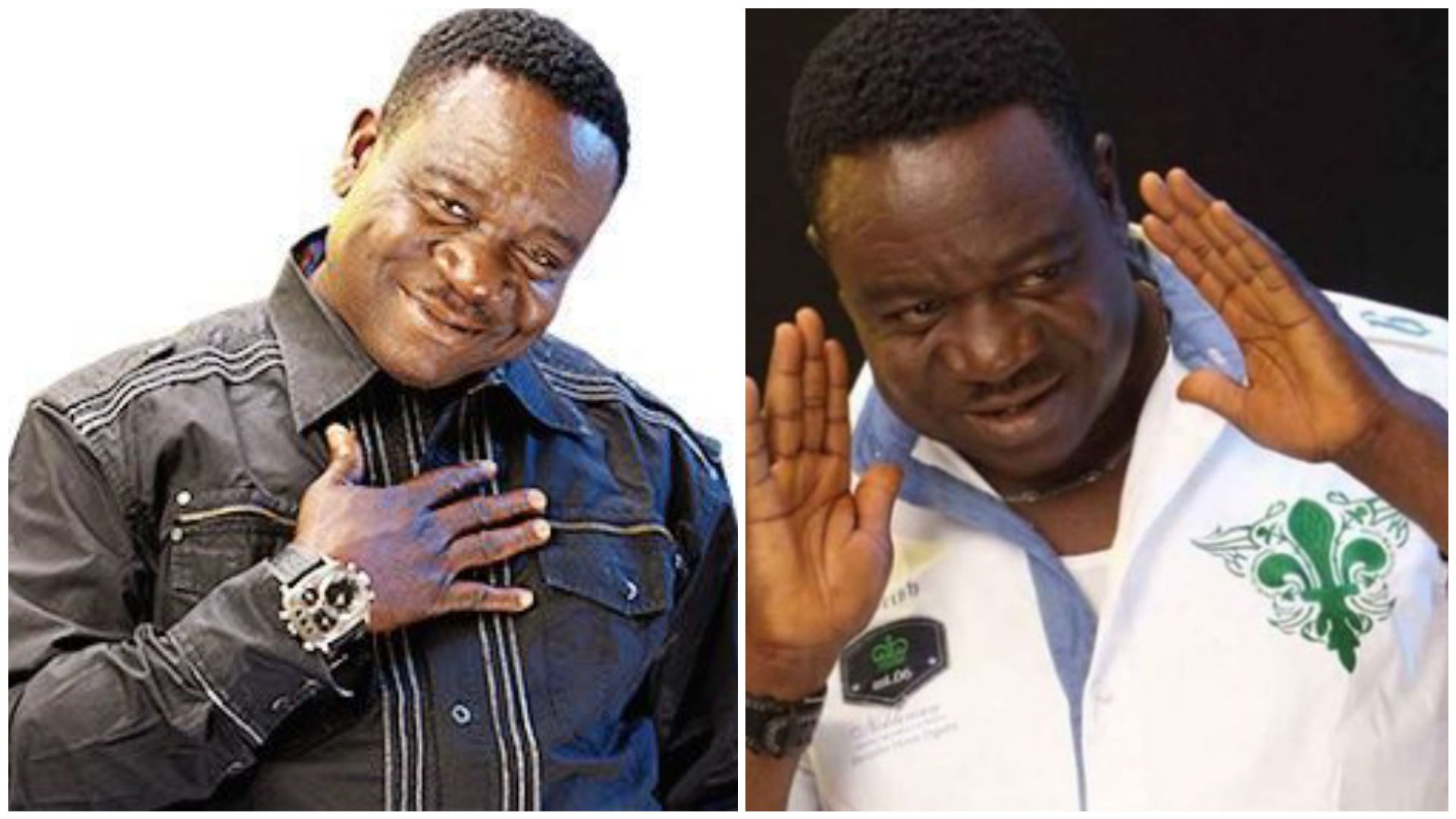Henry Kissinger Biography: Career, Wife, Children, Family, Net Worth And Cause Of Death

We are going to delve into Henry Kissinger biography, including every important details around him.
Henry Kissinger biography and early life
A child of the tumultuous interwar era, Henry Kissinger was born into a world on the brink of chaos. Born in Fürth, Bavaria, Germany, on May 27, 1923, Henry Kissinger biography and early life was marked by the rise of Nazism and the subsequent upheaval it unleashed. In 1938, his family, sensing the impending danger, fled their homeland and sought refuge in the United States, a land of opportunity and freedom.
Despite the trauma of displacement, Kissinger’s intellect and resilience shone through. He served with distinction in the United States Army during World War II, demonstrating his courage and commitment to his adopted country.
His academic pursuits also flourished, as he earned a doctorate in international relations from Harvard University, establishing himself as a scholar of keen insight and analytical prowess.
Kissinger’s expertise soon caught the attention of the American political establishment. In the 1960s, he entered government service, assuming the role of National Security Advisor to President Richard Nixon from 1969 to 1975.
During this pivotal period, Kissinger played a pivotal role in shaping American foreign policy, navigating the treacherous waters of the Cold War with a blend of pragmatism and strategic foresight.
A staunch advocate of détente, Kissinger sought to ease tensions with the Soviet Union, recognizing the perils of an escalating arms race and the potential for nuclear catastrophe. His efforts led to the Strategic Arms Limitation Talks (SALT I), a landmark agreement that placed curbs on the
Kissinger’s foreign policy record is controversial. He has been praised for his realism and his ability to negotiate with adversaries. However, he has also been criticized for his involvement in covert operations and for his support of authoritarian regimes.
After leaving government service, Kissinger remained active in international affairs. He founded Kissinger Associates, a consulting firm, and served as Chancellor of the American Academy in Berlin. He also wrote several books on foreign policy.
Kissinger was awarded the 1973 Nobel Peace Prize for his work on the Vietnam peace accords. He is one of the most influential figures in American foreign policy history.
His Career
Henry Kissinger’s career in international diplomacy spanned over five decades, marked by his pragmatic approach to foreign policy and his role in shaping the Cold War era. Here’s a chronological overview of his notable achievements:

1940s-1950s: Early Academic and Military Career
1943-1946: Served in the U.S. Army during World War II, primarily as an intelligence officer.
1950-1957: Taught political science at Harvard University, earning a reputation for his analytical skills and expertise in international relations.
1954-1968: Served as a consultant to the U.S. State Department, advising on foreign policy issues.
1960s-1970s: Rise to Prominence in U.S. Foreign Policy
1969-1975: Served as National Security Advisor to President Richard Nixon, playing a key role in formulating and implementing foreign policy decisions.
1973-1977: Served as U.S. Secretary of State, overseeing American diplomatic initiatives worldwide.
Foreign Achievements
Détente with the Soviet Union: Kissinger played a crucial role in easing tensions with the Soviet Union, leading to the Strategic Arms Limitation Talks (SALT I) and the establishment of a hotline between the two superpowers.
Opening of Relations with China: Kissinger’s secret diplomatic mission to Beijing in 1972 paved the way for the normalization of relations between the United States and the People’s Republic of China, a major geopolitical shift that reshaped the Cold War landscape.
Middle East Peacemaking: Kissinger spearheaded shuttle diplomacy in the Middle East, mediating ceasefires between Israel and its Arab neighbors during the Yom Kippur War and the Lebanese Civil War.
Vietnam Peace Accords: Played a central role in negotiating the Paris Peace Accords, which ended U.S. involvement in the Vietnam War and established a framework for peace in Vietnam.
Challenges
Kissinger’s foreign policy decisions were not without controversy. He was criticized for his involvement in covert operations, his support for authoritarian regimes, and his role in exacerbating conflicts in the Middle East.
However, he is also widely recognized for his diplomatic skills, his ability to navigate complex international situations, and his contributions to easing tensions during the Cold War.
Kissinger’s legacy is complex and continues to be debated. He remains one of the most influential figures in American foreign policy history, and his pragmatic approach to diplomacy has shaped the course of international relations for decades.
Family
Parents:
Father: Louis Kissinger (1887-1982), a schoolteacher.
Mother: Paula Kissinger (née Stern; 1901-1998), a homemaker.
Siblings:
Brother: Walter Kissinger (1924-2021), a businessman.
Wives:
Ann Fleischer (married 1949, divorced 1964)
Nancy (married 1974), born as Nancy Maginnes in New York, Nancy Kissinger was an epitome of elegance, intellect, and philanthropic endeavors.
Her upbringing was steeped in affluence and privilege, as her father, Albert Bristol Maginnes, was a prominent lawyer and football player.

She received her education at The Masters School in Dobbs Ferry, New York, and Mount Holyoke College, where she earned a Bachelor of Arts in history.
Nancy’s professional career began as a research assistant for Governor Nelson Rockefeller of New York. Her sharp intellect and organizational skills quickly caught the attention of Henry Kissinger, then a professor at Harvard University.
Their paths crossed when she sought his recommendation for a position in Rockefeller’s administration. Kissinger, impressed by her capabilities, not only recommended her but also became her mentor and confidant.
Their professional relationship blossomed into a personal one, and they married in 1974. Nancy’s role in Henry Kissinger biography as his wife extended beyond mere companionship; she became his trusted advisor and confidante, offering invaluable support throughout his illustrious career.
Her grace, intelligence, and diplomatic acumen complemented his own, making them a formidable duo on the international stage.
Children
Elizabeth Kissinger, with Ann Fleischer
David Kissinger, with Ann Fleischer
Net worth
Henry Kissinger’s exact net worth is not publicly known, but it is estimated to be in 50 millions of dollars. He earned a significant amount of money from his career in government service, including his salaries as Secretary of State and National Security Advisor.
He also made money from his consulting business, Kissinger Associates, and from his writings.
According to a 2018 report by the Center for Responsive Politics, Kissinger’s speaking fees ranged from $35,000 to $115,000 per speech. He has also earned money from book royalties and from his ownership of a consulting firm.
In 2011, Kissinger sold his interest in Kissinger Associates for $75 million. He has also owned a number of real estate properties, including a house in New York City and a ranch in California.
It is difficult to estimate Kissinger’s net worth with certainty, as he has not released his financial records.
However, based on his known sources of income, it is clear that he is one of the wealthiest people in the world.
Cause of death
Henry Kissinger passed away on November 29, 2023, at his home in Connecticut. His consulting firm, Kissinger Associates, announced his death in a statement but did not provide a cause of death. However, given his advanced age of 100, it is likely that he passed away from natural causes.



